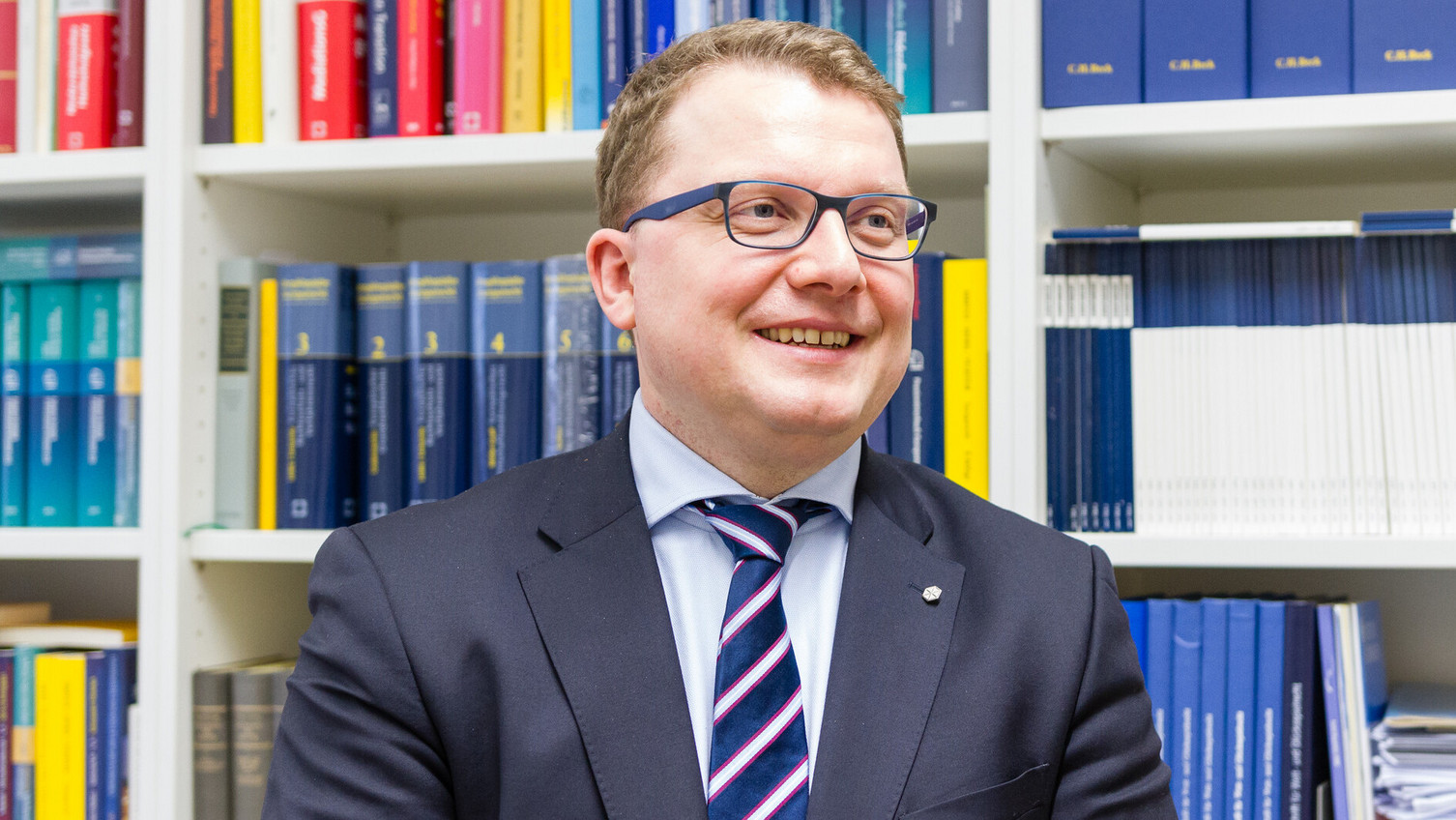The War of Aggression on Ukraine in the Light of International Law
One year after the start of the war
2023-02-24 On the occasion of the start of the Russian war of aggression on Ukraine one year ago, Prof. Dr. Jörg-Philipp Terhechte commented on some questions of international law in an interview.
- Do "Leopard" tanks make Germany a party to the war from the perspective of international law? Would "Eurofighters" be the red line, training Ukrainian pilots, or only the direct participation of German soldiers in combat?
There is no conclusive definition of the term "belligerent" under international law; the term is misleading anyway, because Russia has different ideas about it than we do. What is decisive is whether German armed forces are actively involved or not. In my view, however, the direct involvement of German soldiers is out of the question from a legal point of view - Russia has neither attacked German territory nor is there a NATO alliance case. As far as the so-called arms deliveries are concerned, I do not see any involvement of the German government that is questionable under international law, irrespective of whether we are talking about aircraft or tanks - these are ultimately support services.
- Do the annexation referenda in eastern Ukraine and the annexation of Crimea have any validity under international law?
In my view, these were "sham referenda" that cannot claim any binding force under international law. Rather, these cases are unlawful annexations by Russia. This has also been confirmed by the United Nations General Assembly with a huge majority.
- What chances do you see for the future of charging Putin and other Russian decision-makers or perpetrators with war crimes? And if so, before which tribunal?
Even if such a step would certainly be welcome, it is unlikely that the Russian president will be convicted. Ultimately, this also applies to other "decision-makers". Russia has never become a member of the International Criminal Court, and neither has Ukraine. It is true that the Chief Prosecutor of the International Court of Justice has been investigating whether war crimes within the meaning of the so-called Rome Statute have been committed since the annexation of Crimea in violation of international law, on the basis of a so-called ad hoc recognition of jurisdiction on the part of Ukraine. What the final outcome will be, however, remains to be seen, not least because the Ukrainian courts also have jurisdiction. It is unlikely that a special tribunal will be set up, partly because many states in the world do not have such a clear position on the Russian war of aggression as, for example, Germany or the EU.
- Is international law losing importance because it is disregarded by autocrats and not enforced in view of the antagonisms in the UN Security Council?
International law is often said to suffer from a weakness in enforcement. In fact, however, it has become apparent, especially in recent years, that the rules of international law are by and large being observed. Of course, an unlawful war of aggression shakes this approach, but it does not represent the development that can be observed. At the same time, recent events remind us of the need to defend a rules-based international order.
The interview was published in the Landeszeitung für die Lüneburger Heide on 24 February 2023. The interview was conducted by LZ editor Joachim Zießler.
A declaration of solidarity with Ukraine and information about Leuphana's offers for people from Ukraine can be found here: #standwithukraine

